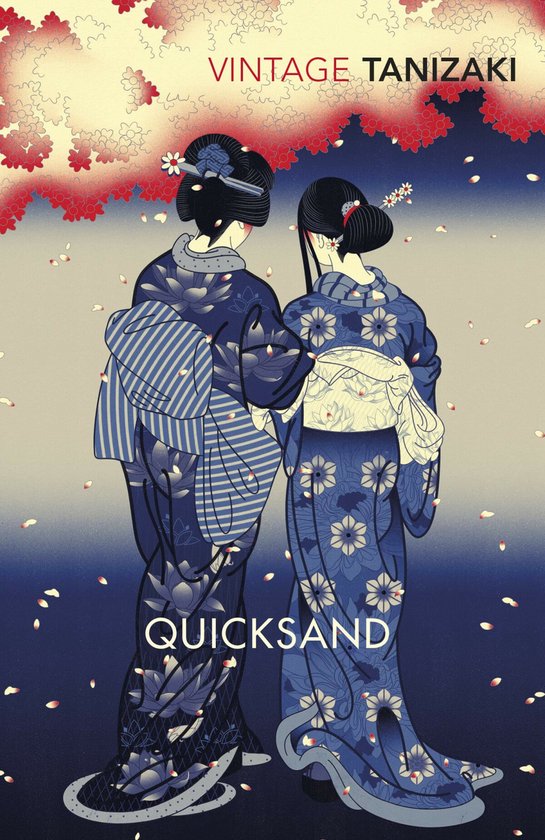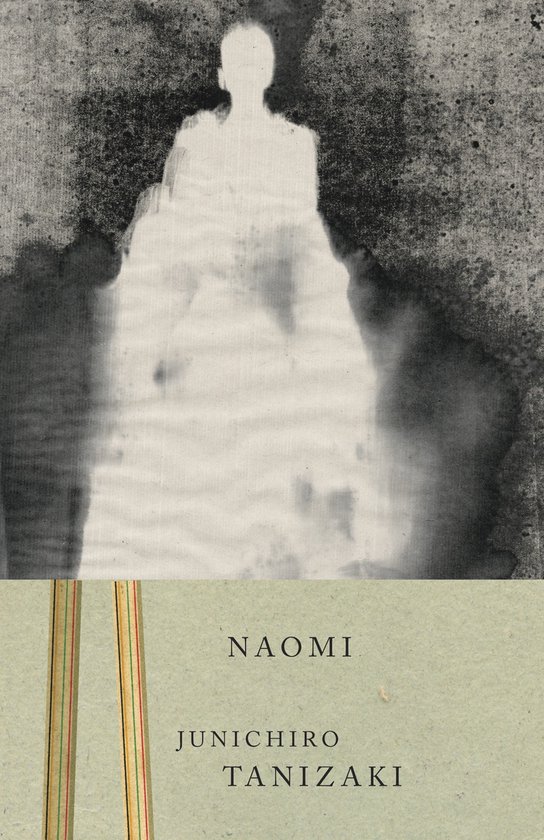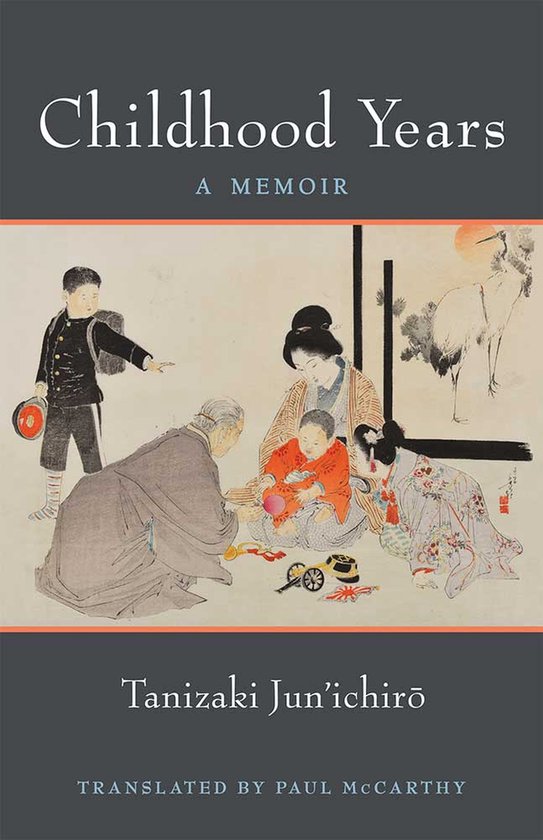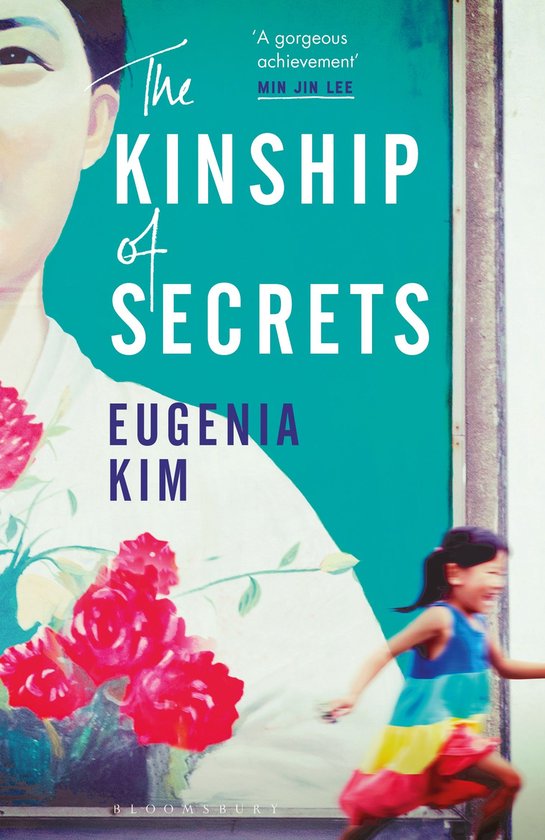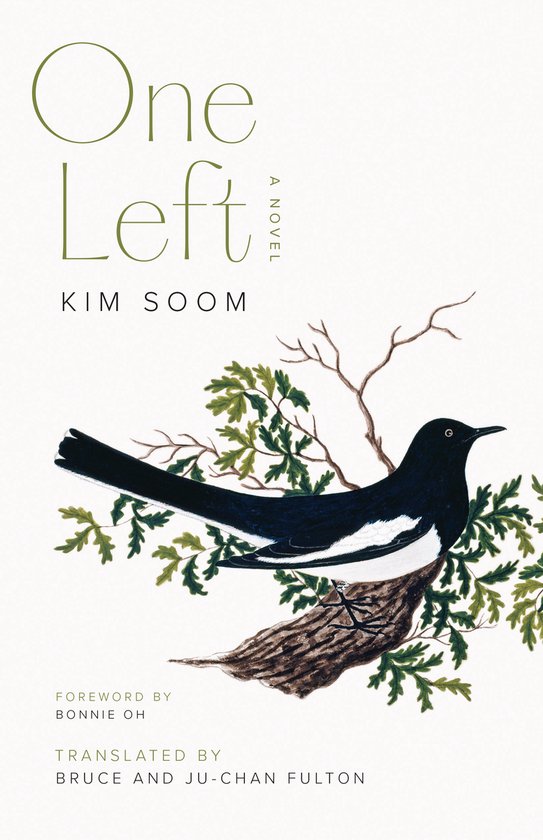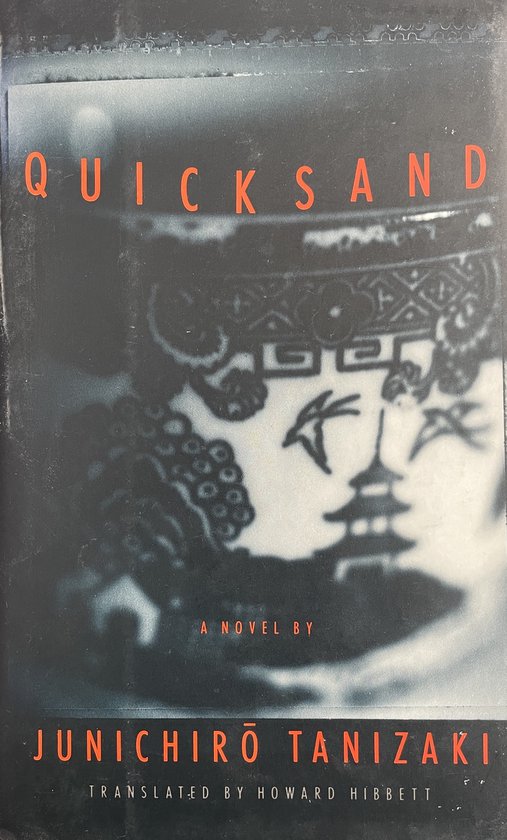
Quicksand
The voice is insistent, attractive, persuasive - the voice of a cultured Osaka lady, unfortunately widowed young. Sonoko Kakiuchi's story, however, is unsettlingly at odds with her image. It is a tale of infatuation and deceit, of deliberate evil. Its theme is humiliation, its victim Sonoko's mild-mannered lawyer husband. And at its center - seducing, manipulating, enslaving - is one of the most extraordinary characters ever created by the great Japanese novelist Junichiro Tanizaki, the beautiful and totally corrupt art student Mitsuko.
Partly a black comedy - the plot sometimes resembles bedroom farce - partly an exploration of sexual obsession and pain, Quicksand is the last major Tanizaki novel to be translated, largely because of the extreme difficulty in capturing the narrator's precise tone in English. In this Howard Hibbett has succeeded brilliantly. As a master-work on the level of Some Prefer Nettles and Diary of a Mad Old Man, and as a triumph of the translator's art, Quicksand is both important and utterly engrossing.
Partly a black comedy - the plot sometimes resembles bedroom farce - partly an exploration of sexual obsession and pain, Quicksand is the last major Tanizaki novel to be translated, largely because of the extreme difficulty in capturing the narrator's precise tone in English. In this Howard Hibbett has succeeded brilliantly. As a master-work on the level of Some Prefer Nettles and Diary of a Mad Old Man, and as a triumph of the translator's art, Quicksand is both important and utterly engrossing.
| Auteur | | Junichiro Tanizaki |
| Taal | | Engels |
| Type | | Hardcover |
| Categorie | | Literatuur & Romans |
